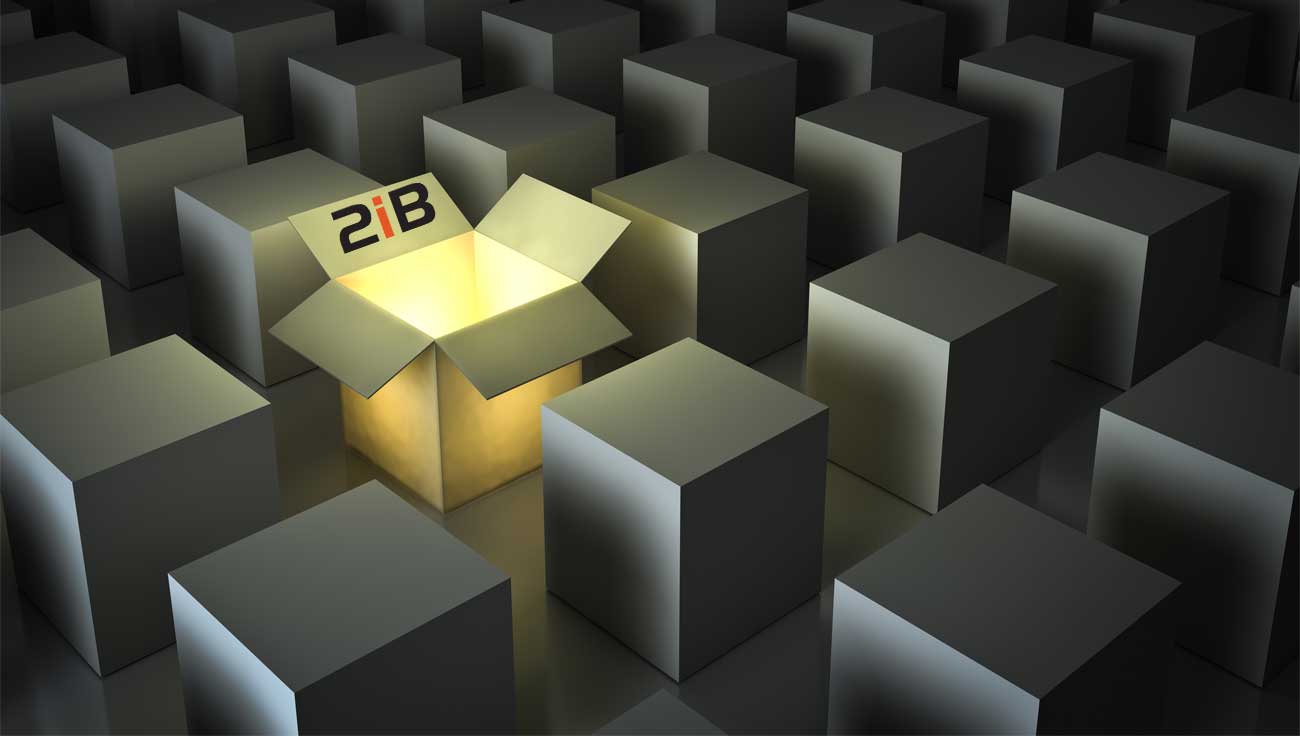If you are a business owner or senior manager and were faced with the prospect of starting your business again from scratch tomorrow, what would be the most critical item you could take with you from your current business to ensure a success? The building? The equipment? The intellectual property?
I believe that most would say the staff and the knowledge they have. The knowledge of your products and services, the knowledge of your processes and procedures and the knowledge of your customers’ wants and needs. Buildings can be acquired, equipment can be purchased or rented but restoring your knowledge base could take a long time.
I remember playing the card game memory as a child. All the cards were placed face down on the table and each player took turns, first turning one card over and then another. If they matched, both cards were removed from the table and that player scored a point. Better still, that player got to play again immediately. If the cards did not match, they were turned over face down and remained on the table. The best players were good at remembering the existing cards that had been viewed but were still on the table face down.
Knowledge is crucial to any organisation, large or small. Knowledge, facts, techniques, reasons and processes are key to servicing your customer’s needs. Organisational knowledge is in many different forms and can range from complex engineering support to simple requests for updates on delivery of goods. Knowledge is scattered among employees and the aggregate collection of all knowledge is fundamental to the continued existence of the organisation.
Knowledge transfer is the basis of internal efficiency. When colleagues call meetings, the whole purpose is for knowledge transfer: whether that be strategic planning, updating the progress of tasks, onboarding a new colleague or delivery of training in products and services.
Does your organisation treat knowledge like the game of memory?
Have you ever thought to yourself “I could try to find that on the intranet or on the server… but it is just far easier to call the go to person because they can provide the information off the top of their head”?
Have you ever walked through the office seeking knowledge from your employees because it isn’t readily available; do you find the need to balance interruptions between groups or departments? Have you found yourself implementing procedures to limit interruptions, rather than solving the root cause of the availability of knowledge in the first place?
Can you immediately think of the individuals in your organisation that are the go-to persons for the question nobody else knows the answer to? Maybe you have several that you can think of in different departments.
- How much knowledge resides in individuals’ email?
- How much knowledge in resides in individuals’ heads?
- How much knowledge have you paid for multiple times over?
- How much knowledge leaves with individuals departing the business?
If you identify organisational knowledge as critical if you had to start over, does your organisation foster the right knowledge retention behaviours or does it promote busy behaviours rather than efficient knowledge management, storage and sharing?
What about the game of memory:- how would game play proceed if all of the cards were placed on the table face up?
Knowledge is power only when it is accessible, furthermore difficult to access knowledge is barely useful, moreover inaccessible knowledge creates long and disruptive processes and is a liability.
Organisational knowledge is like an economy. The team concepts of collaboration, cooperation, coordination, diversity and inclusion are far more about the knowledge economy than anything else yet rarely are they considered as such. The knowledge capital and its accessibility in all parts of your organisation is a measure of the economy’s liquidity. If there is no liquidity, how do you capitalise on the existing asset base? How does your organisation grow? How does it adapt to a changing market? How does it adapt to changing technologies? How can you make your knowledge economy more liquid and less tied up in fixed assets?
Knowledge and ideas are often stylistically represented as a lightbulb. I think it best be thought of as the lightbulb in the refrigerator. If the door is closed, does it matter if the light is on or off?
Why do many organisations fail to prioritise the management of their highly valuable knowledge? How many persist with accepting that the knowledge is distributed throughout the workplace in people and disparate systems? In a lean world, how much more emphasis is now placed on multi-skilled, multi-disciplined managers? What chance does a manager have if multi-disciplinary knowledge is not readily accessible?
Current solutions are available for knowledge storage but an effective means of capture and sharing organisational knowledge efficiently does not. You will need tools and systems to do this but tools and systems alone will not drive success, to be successful you need to change organisational behaviour. You need to lead by example, communicate desired outcomes, encourage people, build processes and review your reward and recognition schemes. To be successful you will need to work on it persistently but the effort will make organisational knowledge central to your culture and ultimately provide financial dividends through better serviced customers.
You can make this change in your organisation, whatever the tools, IT systems or processes you have, by making it a priority.
The 2iB Rapid Development Platform is one such system that provides the necessary tools to actively maintain your organisations’ knowledge and bring efficiency and sustainability to the business.
The 2iB system provides:
- PUser editable web pages - Intranet contributed knowledge from users
- POnline file server storage - Save manuals, procedures and documents
- PContent submission via email - Archive as you go about normal activities
- PAdvanced search capabilities - Search pages, files and data from the one place
- PAdvanced security - Segregate sensitive information as required
- PMobile Ready - Mobile Application built into operating system.
